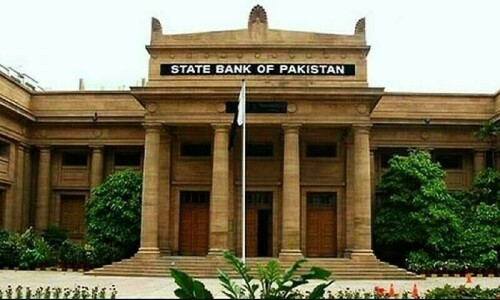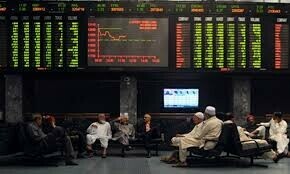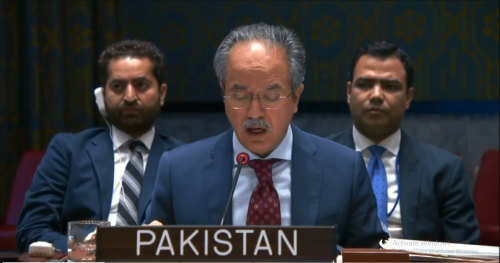KARACHI: Businessmen were not happy with the 100 basis points interest rate cut announced by the State Bank of Pakistan (SPB) on Monday, saying they were expecting a substantial reduction of 300-500bps for the revival of economic activities.
Abdul Aleem, Secretary General and CEO of the Overseas Investors Chambers of Commerce and Industry (OICCI), said the drop in interest rate was positive, but “we expected a higher cut in view of muted inflation numbers for the past few months”.
“Going forward, we expect a more rapid reduction in line with improving economic parameters. We look forward to a gradual pick-up in private sector borrowing and economic activities.”
Ehsan Malik, the CEO of Pakistan Business Council (PBC), said a 100bps reduction in the policy rate was a cautious move given the uncertainty of the inflationary impact of budgetary measures.
“The inflationary effect of increase in power tariffs, a higher petroleum development levy, imposition of GST on milk and FED on other items will take a few more weeks to become visible,” Mr Malik said.
He said a big cut in interest rate was needed to offset the knock-on effect of these decisions.
The PBC chief suggested the government could manage inflation and accelerate reduction in
the policy rate by reducing taxes included in power tariffs.
Aside from providing relief to consumers, Ehsan Malik added that it would provide an opportunity to the government to reduce its own borrowing costs and pass on the majority of the tax cut burden to provinces under the National Finance Commission award (NFC).
Iftikhar Ahmed Sheikh, the chief of Karachi Chamber of Commerce and Industry (KCCI), said “one per cent drop in policy rate is not enough. It should have been brought down to eight per cent in line with other countries in the region”.
A single-digit interest would definitely encourage borrowings due to a reduced cost of doing business, besides stimulating economic growth and easing financial burden on businesses and consumers, the KCCI chief added.
The central bank’s tight monetary policy had made borrowing unreasonably expensive and caused a big loss to the economy, Iftikhar Sheikh observed.
“Since the high cost of doing business has suppressed the manufacturing sector, relief in the form of substantial cuts has become inevitable.”
Mohammad Kamran Arbi, the chief of Site Association of Industry (SAI), supported calls for a single digit interest rate in the next monetary policy announcement.
Currently 80pc of borrowing is being done by the government and only 20pc by the private sector.
“The global business environment is evolving as private sector borrowing picks up amid lowering of interest rates. Our planners should consider adopting a similar approach,” Mr Arbi said.
Published in Dawn, July 30th, 2024















































